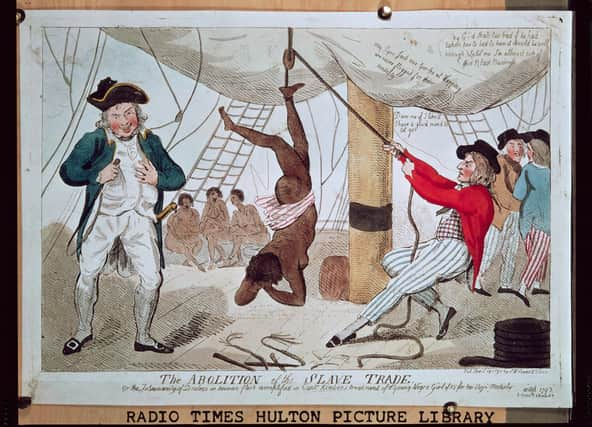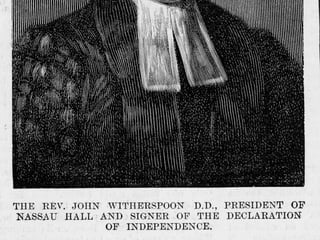New British dictionary to detail thousands who profited through slave trade


Academics are working on the largest ever database of investors in the slave trade as part of a project designed to highlight links to modern-day firms and wealthy individuals.
The Dictionary of British Slave Traders, an initiative backed by £1 million in funding from the Arts and Humanities Research Council, aims to collate detailed biographies of investors from the 16th century through to the 19th century.
Advertisement
Hide AdAdvertisement
Hide AdThe endeavour will also document those who held shares in companies involved in the slave trade, as well as those individuals who invested through syndicates in independent slave trading voyages.
Those behind the project say it will illustrate the “entanglement” of wealth amassed through the slave trade across the economy and how financial legacy can still be felt in the present day.
The dictionary is expected to include hundreds of Scots, given one of the project’s co-investigators, Dr Nicholas Radburn, has previously investigated the role they played in the Caribbean slave trade.
They include John Tailyour, a so-called ‘Guinea factor’ merchant in Jamaica, who sold more than 17,000 captive Africans into slavery.
The dictionary is being compiled by academics from the universities of Lancaster and Manchester, as well as University College London (UCL).
It will identify more than 6,500 Britons, including smaller investors, women and failed investors whose links with the trade have not been highlighted before. Previous datasets have tended to focus on owners of plantations and slaves in the Caribbean.
It will not include all known investors in the South Sea Company, which was the focus of the notorious speculative bubble of 1720.
The team behind the dictionary said that its role in the trade was less important than those of other corporations such as the Royal African Company and it would not be feasible to study all the tens of thousands of speculators.
Advertisement
Hide AdAdvertisement
Hide AdThe database will, however, include Handel's patron, the Duke of Chandos, who poured hundreds of thousands of pounds into the slaving Royal African Company in the 1720s and was active as one of its directors.
Robert Walpole, the UK's first prime minister, made about £9,000 from Royal African Company stock in the same decade.
Professor William Pettigrew, chair in history at Lancaster University, said the database would complement University College London's legacies of British slave-ownership project, which focuses on owners of slaves and plantations, including those who made claims for compensation on the abolition of slavery in British colonies in 1833.
The existing UCL database has been used by researchers and the media to highlight the transmission of assets derived from slave wealth down to the 21st century, a process that has prompted several companies, including Lloyds of London, to promise money to benefit ethnic minority communities or other measures to tackle discrimination.
Prof Pettigrew explained: “Britain’s ability to confront her colonial past and post-colonial present depends upon the provision of high-quality data. This project will supply that need.”
Dr Radburn added: “This project promises to revolutionise our understanding of Britain’s historical involvement in the slave trade and the importance of that history for shaping our modern society.”
A message from the editor:Thank you for reading this article. We're more reliant on your support than ever as the shift in consumer habits brought about by coronavirus impacts our advertisers. If you haven't already, please consider supporting our trusted, fact-checked journalism by taking out a digital subscription.
Comments
Want to join the conversation? Please or to comment on this article.
